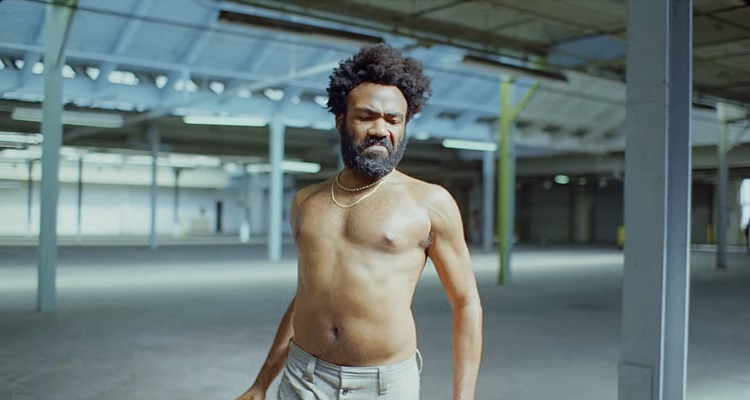A federal judge has officially dismissed a copyright lawsuit filed against Childish Gambino (real name Donald Glover) and others over 2018’s “This Is America.”
District Judge Victor Marrero just recently granted a motion to dismiss from Childish Gambino, his fellow “This Is America” writers, Sony Music, Kobalt, and several additional defendants. One Emelike Nwosuocha, a Florida-based musician known professionally as Kidd Wes, levied the complaint back in May of 2021, alleging therein that he had created a track entitled “Made In America” in September of 2016.
Nwosuocha further claimed he’d uploaded the track to SoundCloud that same month, made it available via YouTube about eight weeks later, and registered the work with the Copyright Office in May of 2017.
And predictably, Nwosuocha alleged in the initial suit that his own song (the lead single for an album entitled Eleven: The Junior Senior Year) had been ripped off to create Childish Gambino’s “This Is America,” which has racked up approximately 546 million streams on Spotify alone.
Specifically, the plaintiff identified a “substantially similar unique ‘flow’” shared between the two tracks, besides maintaining that “the lyrical theme, content, and structure of the identically-performed choruses are also glaringly similar.”
“The unmissable substantial similarity of the two flows used in the songs’ respective hooks, as augmented by the two hooks’ substantially similar structure and lyrical content, is striking to an extent beyond coincidence and is accordingly audible to the average lay person who listens to both songs,” Nwosuocha and his legal team wrote in the years-old original complaint.
But as highlighted at the outset, Judge Marrero has granted the defendants’ motion to dismiss the action, citing in the corresponding order the plaintiff’s failure to copyright the underlying composition of “Made In America.”
“The Court finds that Nwosuocha’s copyright claim fails as a matter of law because Nwosuocha does not possess a copyright registration for the musical composition of” his above-mentioned 2016 track, the presiding judge relayed, but rather possesses “only a registration for a sound recording of the song.”
While a lone recording submitted to the USCO can in some situations be used to register this recording as well as the composition itself, “qualified applicants must mark or detail in their applications that they are seeking both types of copyright” – which the plaintiff failed to do, according to the court.
“Indeed, Nwosuocha’s Certificate of Registration is only for a sound recording,” the judge drove home. “Thus, Nwosuocha did not obtain both a sound recording and a compositional copyright registration with a single registration submission and lacks the copyright registration necessary to his claims.”
Judge Marrero likewise indicated that even if the plaintiff had registered the composition, “dismissal would be warranted here because the elements” in question “are insufficiently original to warrant protection, or because they are not substantially similar to the” Childish Gambino release at the case’s center.
“For instance, Nwosuocha asserts copyright over the ‘lyrical theme’ of Plaintiff’s Composition, but a lyrical theme is simply an idea, and ideas are not protectable,” the judge penned. “Moreover, the idea of a boastful rapper is certainly not original to Nwosuocha.”
Since March’s beginning, separate copyright confrontations involving Post Malone’s “Circles,” Nickelback’s “Rockstar,” and The Weeknd’s “Call Out My Name” have also been settled or dismissed.

